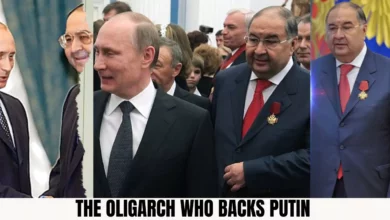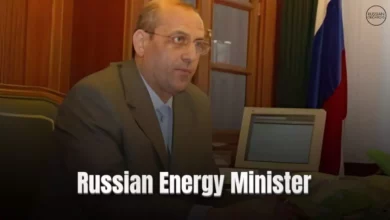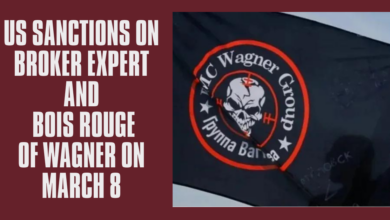100 plus British corporations admit violating Russian sanctions.
100+ UK firms disclose their violations of Russia sanctions. Stay informed with our coverage
Following Moscow’s full-scale invasion of Ukraine last year, more than 100 plus British corporations have admitted to breaking UK sanctions against Russia, according to official data.
A total of 127 businesses had voluntarily notified the UK government of sanctions violations as of May 17. The Financial Times examined a freedom of information request that was made to HM Treasury and from which this information was obtained. Companies can lessen fines from the government by voluntarily admitting their infractions and helping with inquiries.
More than 1,600 people and businesses have been subject to sanctions by the UK since Russia’s full-scale invasion of Ukraine in February 2022.
UK entities are prohibited from interacting with over two dozen banks and over 100 oligarchs as a result of the conflict. This is the strongest set of sanctions the UK has ever placed on a major economy.

Financial crime associate Stacy Keen of the legal firm Pinsent Masons, who filed the FOI request, said that British businesses faced a great deal of difficulty as a result of the broad fines. This is especially true in light of Russia’s higher level of economic connectivity with the world than other sanctioned countries, such as North Korea and Iran.
“The Russian sanction packages have been felt more keenly outside of Russia in a heightened way that others just haven’t in the past,” she said. “Russian individuals and entities had a footprint outside of Russia that perhaps if you look at the Iranian regime or the Syrian regime — there just wasn’t those interlinks between the economies.”
Keen advises companies to think about admitting their infractions to perhaps get lenient treatment. Sanctions can involve a variety of punishments, with no upper limit on monetary fines. These can include a straightforward warning or a civil or criminal prosecution.
The Office of Financial Sanctions Implementation at HM Treasury is in charge of keeping an eye on violations.

According to someone close to the OFSI, the group sees relevant attempts and checks as possible mitigating factors when looking into a breach and does not want to unfairly punish people who make honest mistakes.
Concerns about ultimate owners and controllers that are opaque, as well as possible Russian shareholders who are hidden behind shell corporations, can make it difficult for UK businesses to make sure they abide by sanctions.

Last year, when the UK announced penalties on Chelsea Football Club’s former owner, Russian oligarch Roman Abramovich, the club faced a crisis, highlighting the breadth of ties between the UK and Russia in some businesses.
The Premier League team’s sale was temporarily put on hold and its sponsorship deals were put in jeopardy as a result of the decision.
Following the Russian military’s intervention in Ukraine, $300 billion in assets held by the Russian central bank have been blocked due to Western sanctions.
Leaders of the European Union adopted a plan last month to support Ukraine with the large profits from Russian assets that were blocked. Early in December, the European Commission is expected to release legislative recommendations.
Also read:








